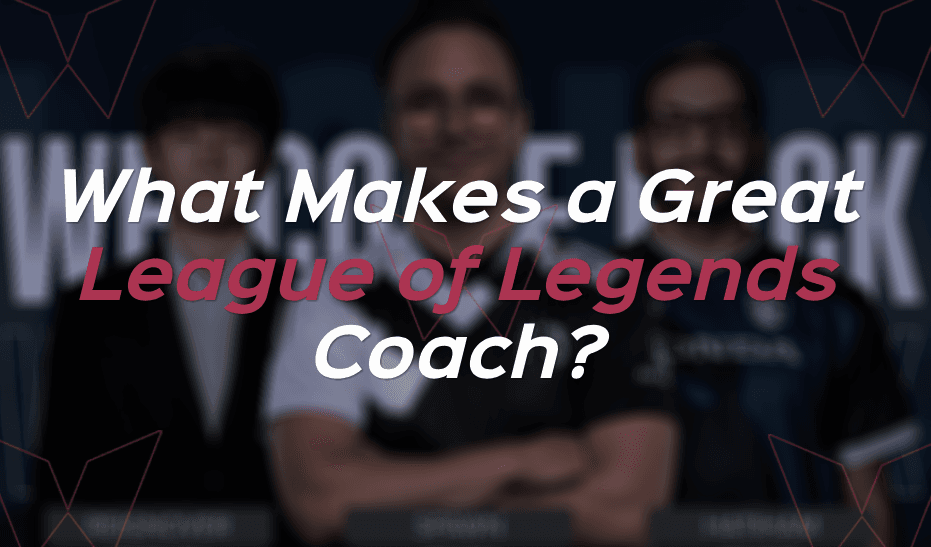

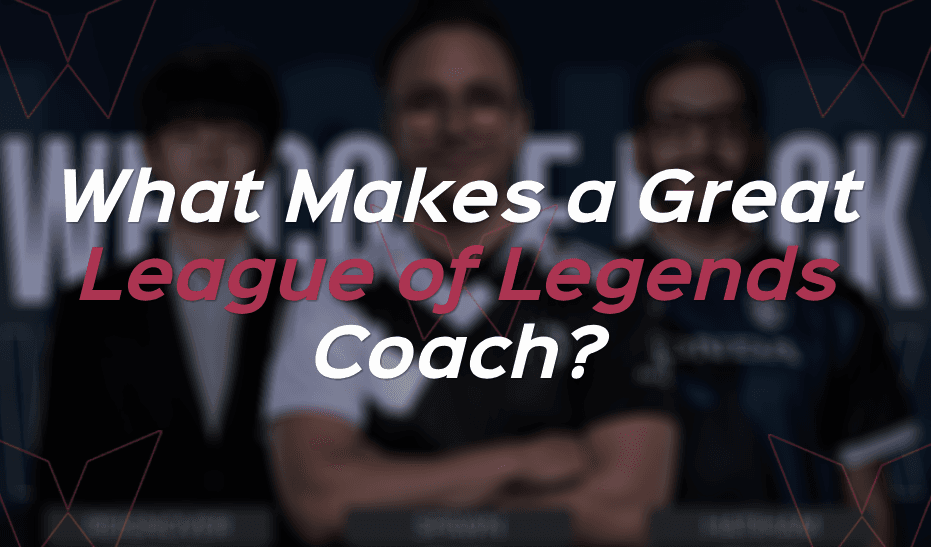
In intense League of Legends esports games, star players consistently receive the most attention. But the most decisive moves of the match were made hours, even days, before, in a quiet room, by the people who aren’t holding a mouse and keyboard: the coaches.
What exactly is their responsibility? It’s far more profound than just pointing out mistakes on a replay. Generally speaking, a genuinely great League of Legends coach is a sharp strategist, a patient mentor, and a bold visionary, all rolled into one. Let’s examine the blueprint for building LoL esports champions.
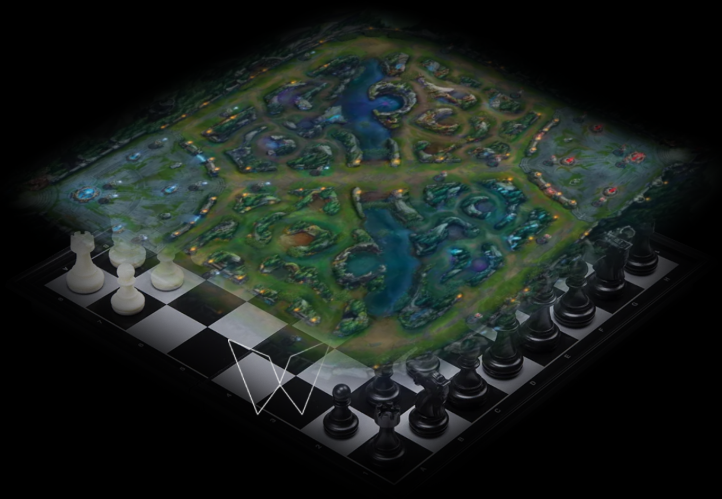
Anyone can read patch notes. A select few can predict their ripple effects across the entire global meta. An elite coach operates on this basis.
For example, when Riot nerfs jungle XP scaling, a top-tier coach doesn’t just think “junglers will be weaker”. They think about how this alters early game tempo, whether bot lane can expect less cover against aggressive pushes, how solo laners might need to pick more self-sufficient champions, and what this means for ban/pick trends two weeks from now.
The same applies to micro-decisions inside a match. A great coach can break down how a single bot lane kill at level three should immediately shift the mindset of the top laner: “You don’t need to win lane anymore. You need to avoid giving counterplay opportunities until our bot snowball is leveraged for dragon stacking.”
They also track cross-regional innovations. A draft pioneered in the LCK may seem niche, but a coach with elite knowledge knows how it might filter into the LEC or LCS, and prepares counters before the trend fully lands.
Most importantly, none of these is kept theoretical. Great coaches translate complex meta shifts into actionables for players. They don’t drown their players in map-wide macro implications; they give clear numbers, adjustments, and why.
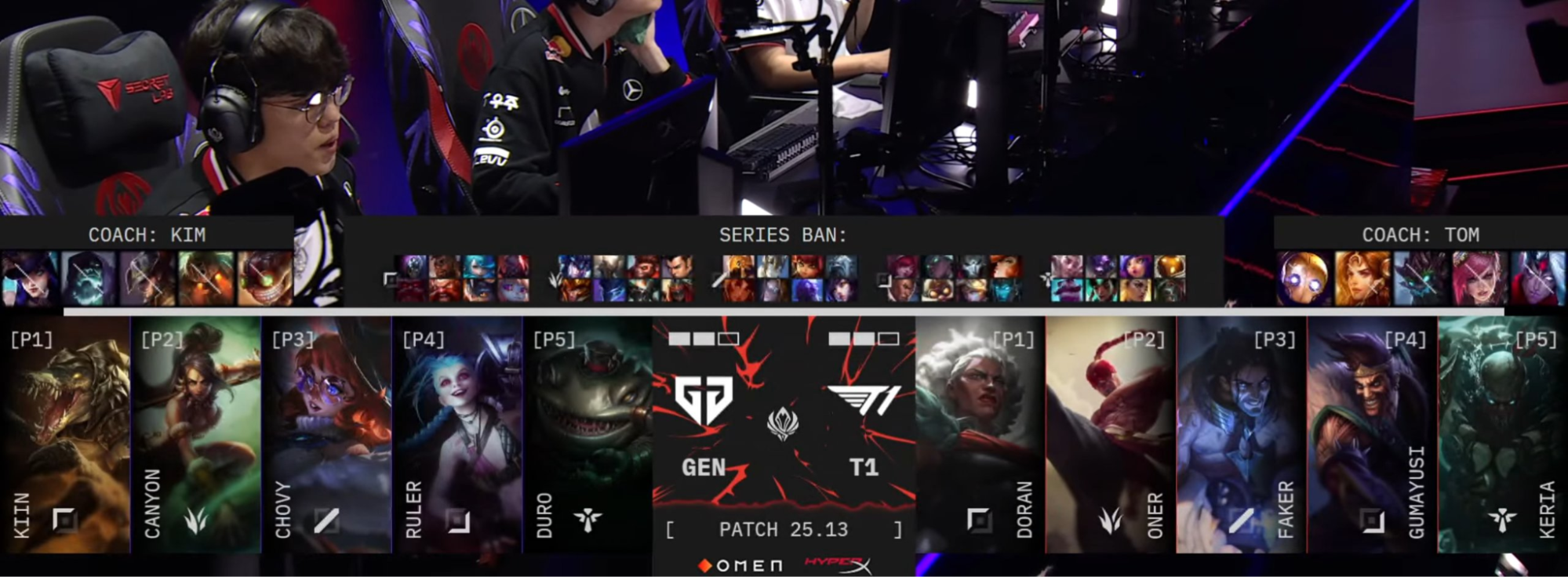
In League of Legends, the coach’s most direct and visible influence happens before the game even begins. The pick/ban phase is a lightning-fast psychological battle.
A great draft doesn’t equal locking in the most powerful champions. Bluffs and counter-picks weave a coherent game plan, denying the opponent their comfort picks, and setting up your own players for success from the very first minute. The process is built on countless hours spent training and analyzing opponents’ champion pool and strategy defaults.
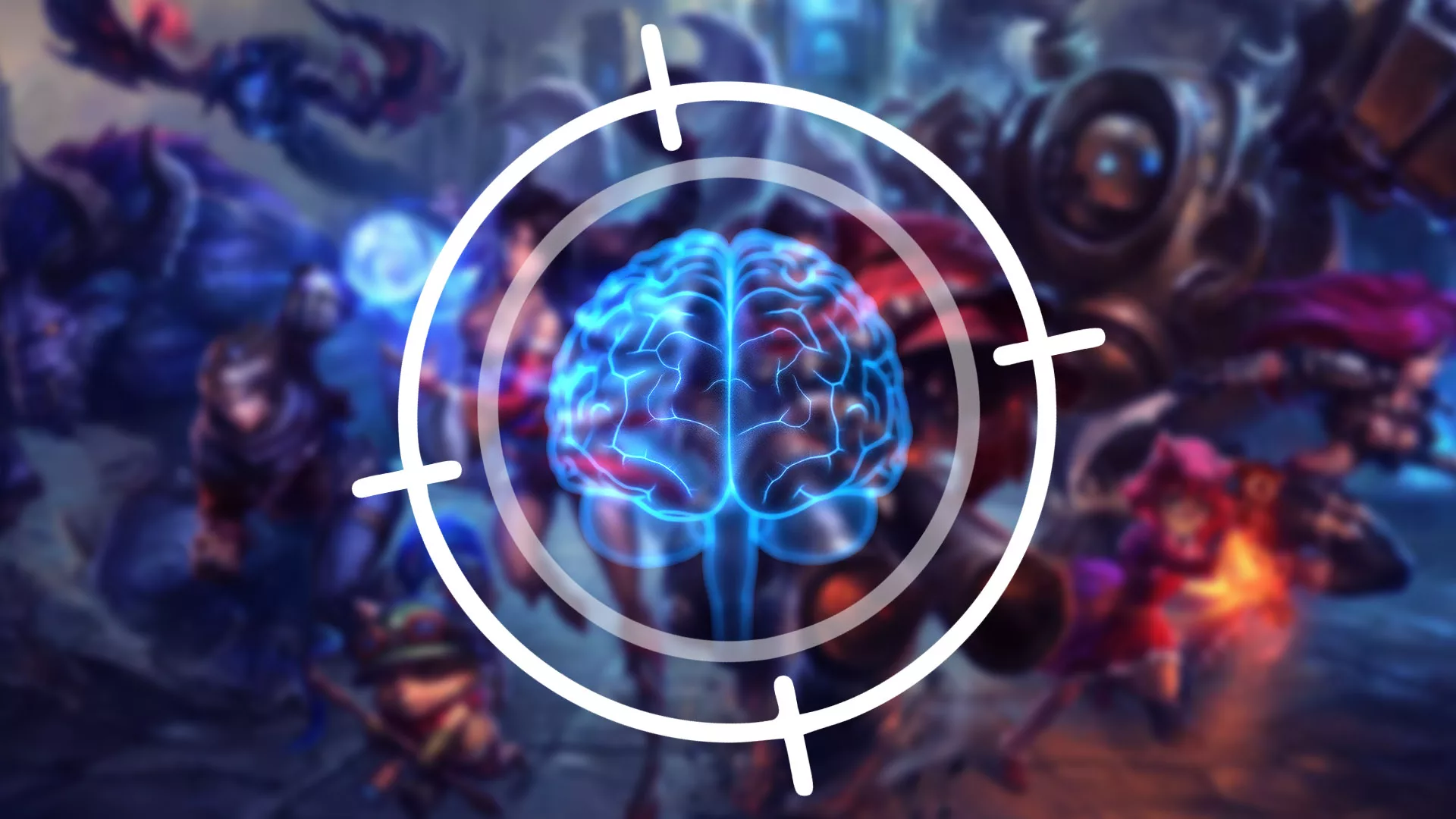
Reacting to the current meta is no longer enough; great coaches define it by actively anticipating the next one. They are constantly experimenting, theorizing compositions, and hunting for the next game-breaking strategy that the competition hasn’t yet discovered.
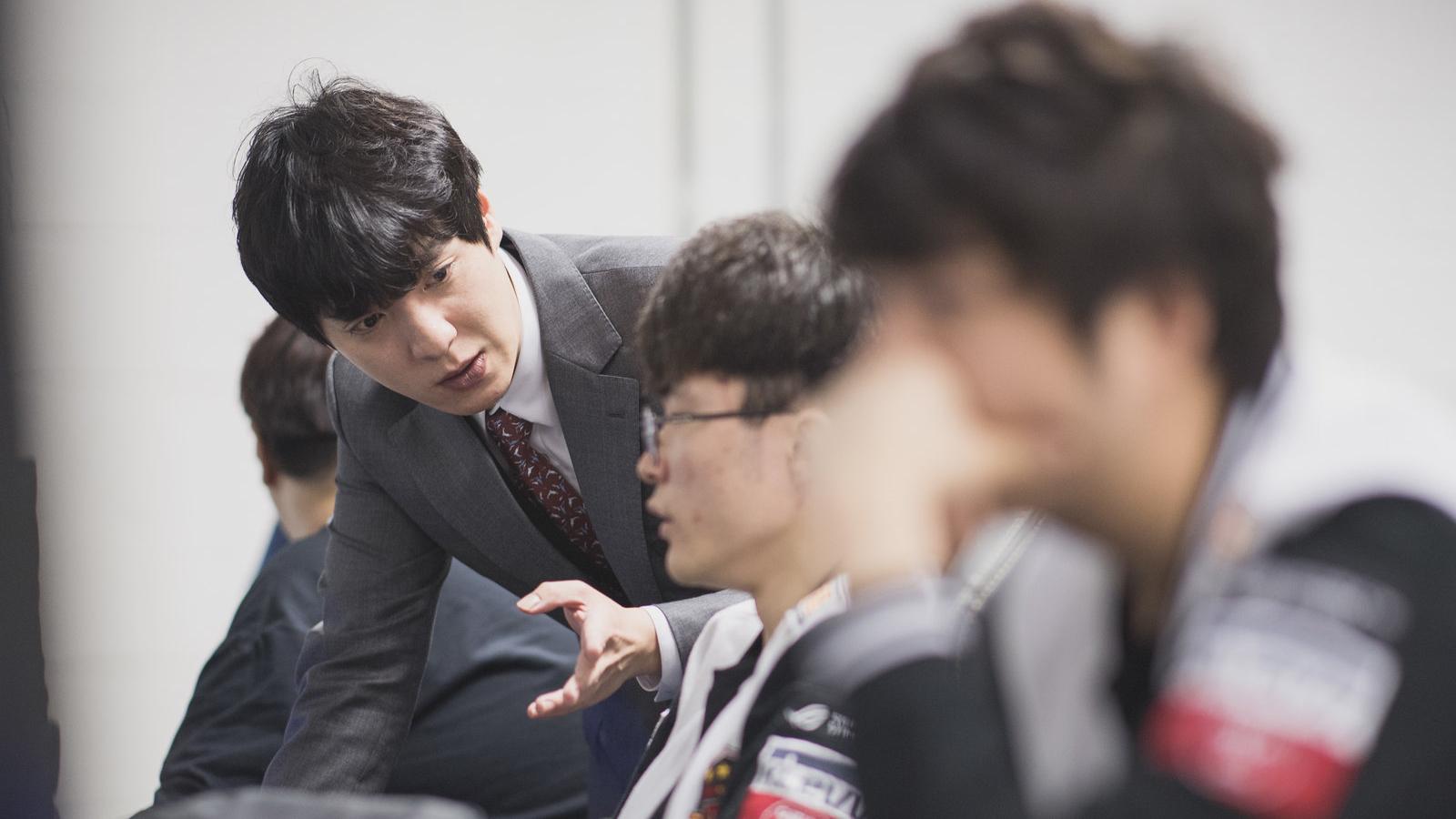
While watching replays to spot a missed point, a great LoL coach deconstructs an opponent’s philosophy. Why do they default to this warding pattern? What’s their tell when they’re about to collapse for a gank? If they can uncover hidden habits, they can exploit them. Kim “kkOma” Jeong-gyun didn’t just lead his teams to win multiple World Championships; he built a system of analysis and preparation that became the gold standard for the LoL sport.
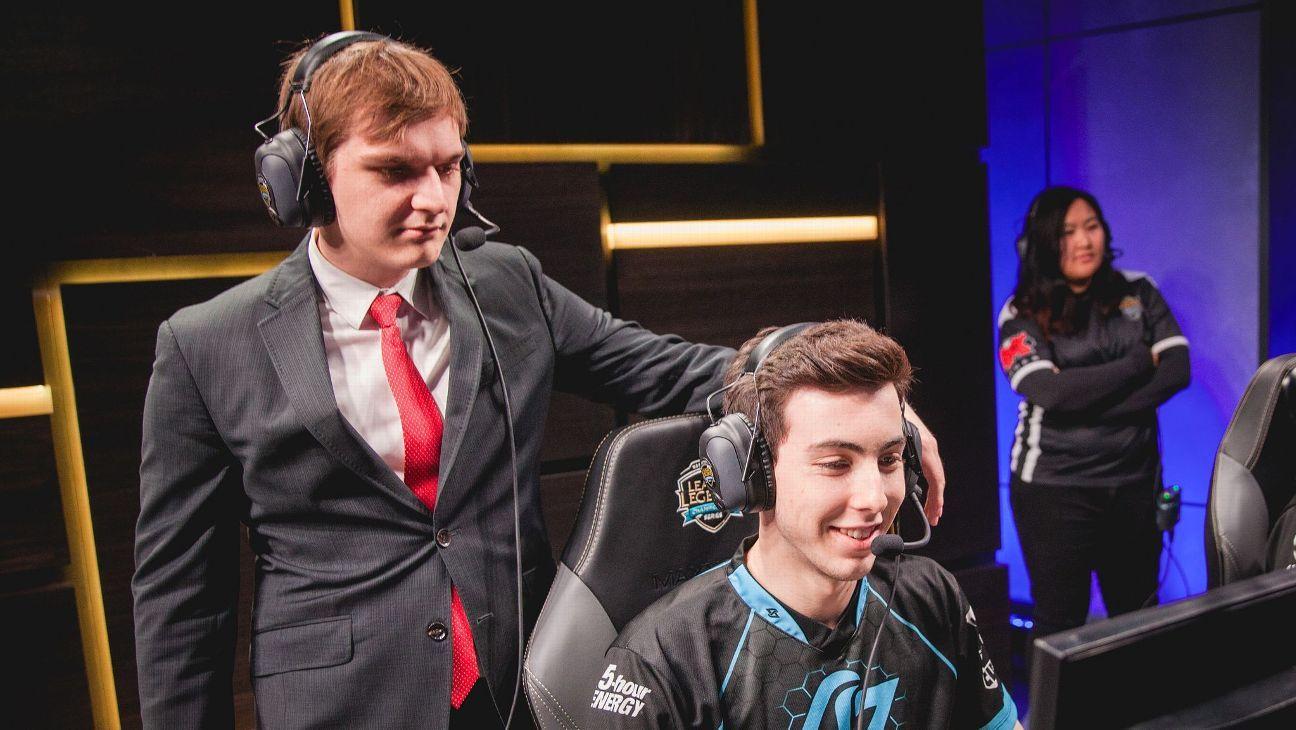
Yes, League of Legends may appear to be a game of strategy and mechanics, but more importantly, it’s a game of people. A coach has to guide not only five talents but also five very different personalities. Each player brings their own emotions and mindset, and balancing all of that is no small task.
A strong coach knows how to turn those differences into strengths and encourages players to reach beyond individual limits. They manage egos, morale, and mentality, ensuring that criticism helps players grow instead of defeating them. It takes empathy and emotional intelligence: knowing when to push harder and when to show support.
Coaches like Tony “Zikz” Gray built their careers on exactly this skill. He earned respect by keeping players locked in during stressful situations and finding the right way to get everyone working toward the same goal. It’s a perfect example where great coaches need to be an analyst and a leader at the same time.
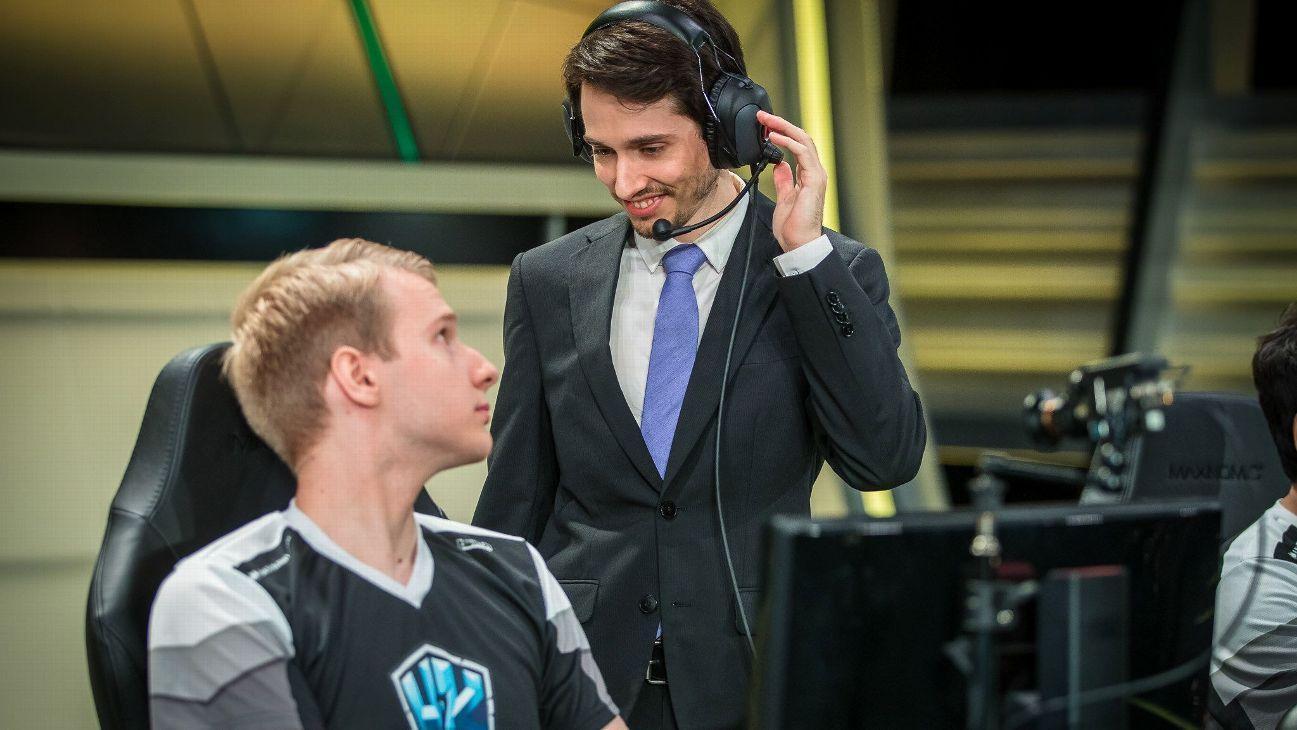
A coach’s job is to bring out the best in each player. Every pro has untapped potential, and it’s the coach’s role to guide that growth. This is not achieved by making everyone the same, but by sharpening individual strengths and dealing with their weaknesses.
Sometimes this means practical improvements, like helping a mid-laner expand their champion pool or refining a top-laner’s map awareness. Other times, it’s about the mental side. Even the best players tilt or stumble. A great League of Legends coach helps them stay focused and build the kind of resilience that lasts through a season or a career life.
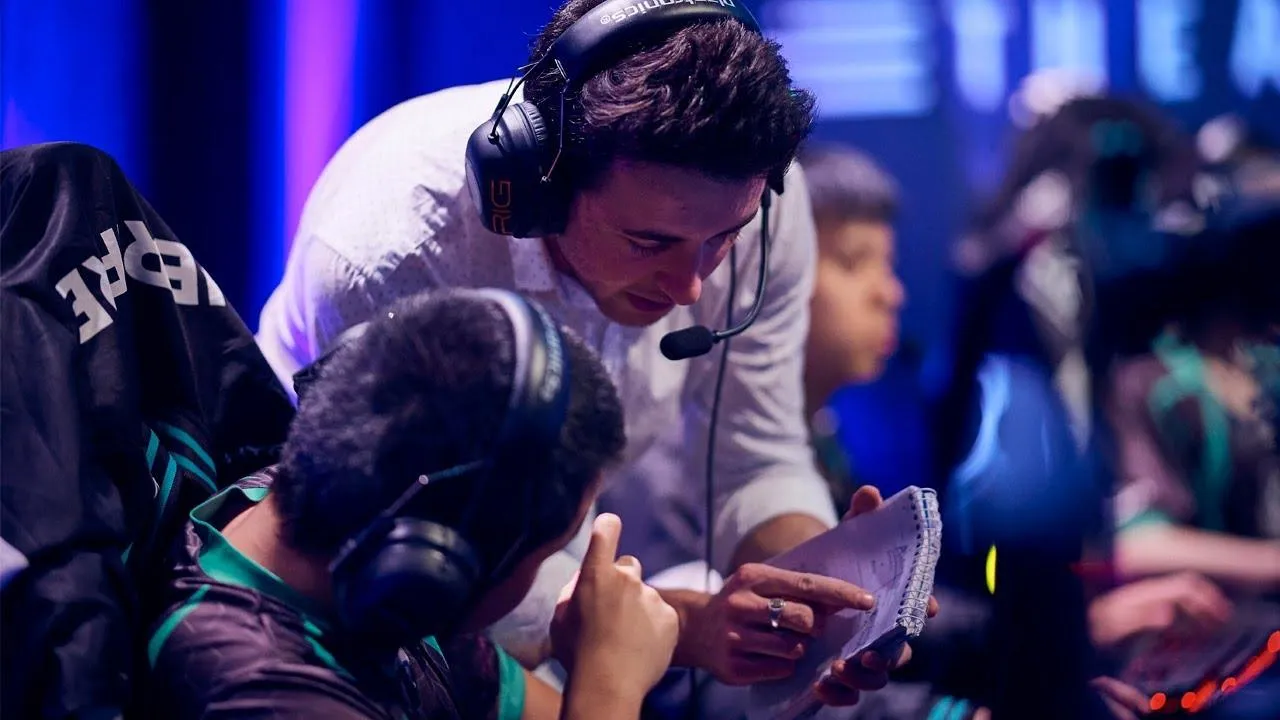
A coach with a notepad is only a portion of their full image. Today’s head coach leads an entire support system: positional coaches, analysts, and even data scientists, all working together to push a team forward.
In the past, the job was mostly about reviewing games, such as VOD reviews. Now, it includes managing staff, keeping the team performing over the long season, and building a sustainable path.
This upgrade has changed the skills a coach needs. Deep game knowledge is still important, but modern coaching also demands leadership, communication, and the ability to guide players.
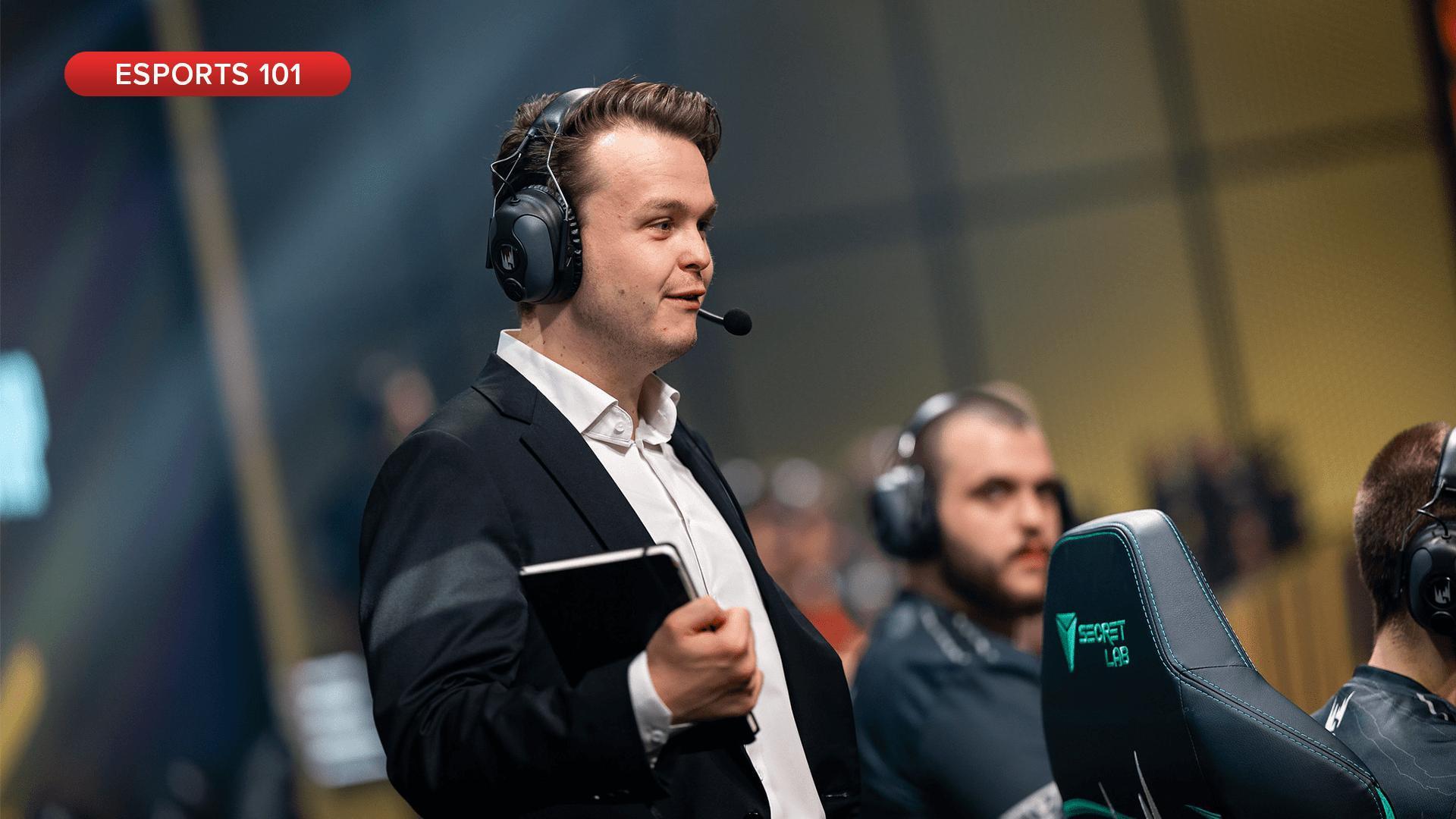
At the highest level, a head coach runs the entire performance operation. They design practice schedules, balance training with rest, and coordinate with assistants, analysts, and staff. In many cases, they also influence roster decisions and long-term strategy.
Just as important, they set the tone for the team’s culture. Whether it’s the strict discipline of an LCK team or the creative chaos of an LEC team, the coach defines how the team carries itself on and off the Rift.
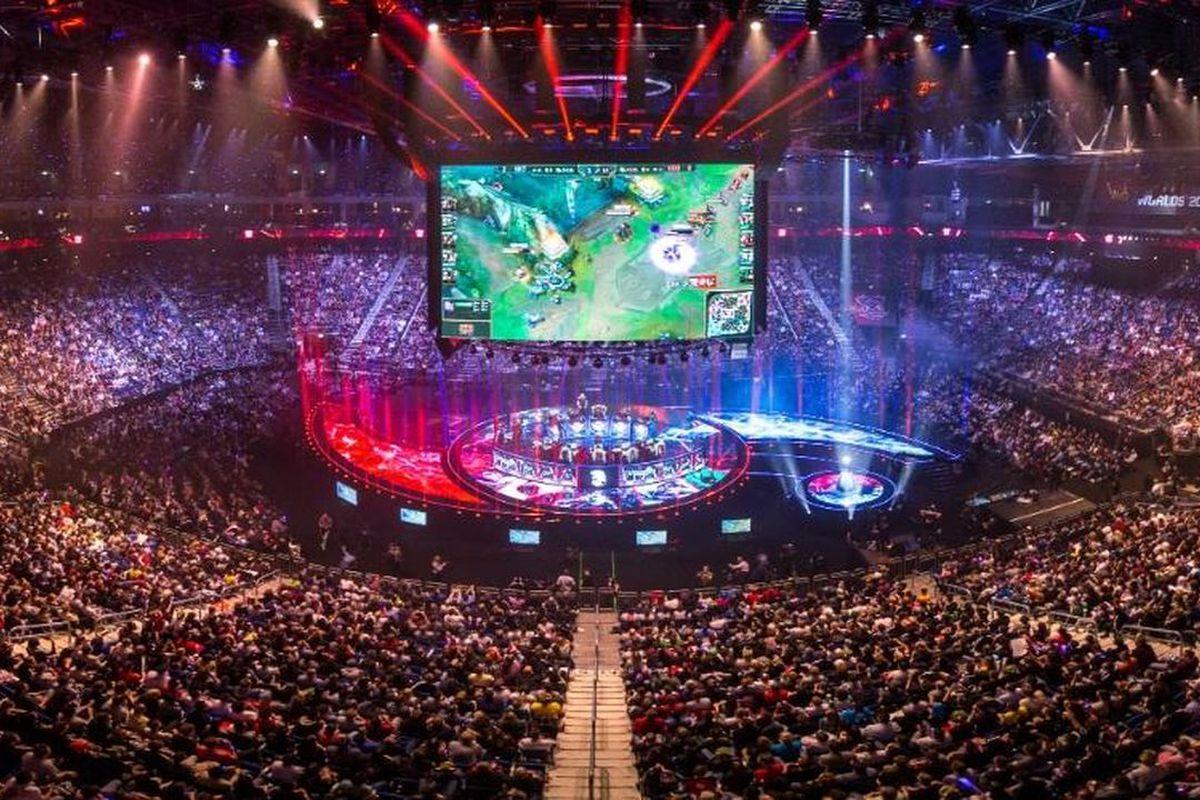
Becoming a great coach like that doesn’t require you to be a former pro. What it does require is passion for the game and a hunger to understand it deeply. Many coaches took this first step: analyzing their own replays, helping a solo queue student, or taking charge of a more casual roster.
One-on-one League of Legends coaching is often the starting point. Many of the best head coaches first developed their craft by guiding individual players before moving to a bigger stage.
The same skills that make you a better coach will also make you a better player: seeing the bigger picture, understanding the “why” behind decisions, and finding the right path to improvement. Platforms like wecoach.gg exist to help you develop or apply those skills.

Roger is an esports journalist and content writer specializing in League of Legends guides, patch analysis, and coaching insights.
View all articles